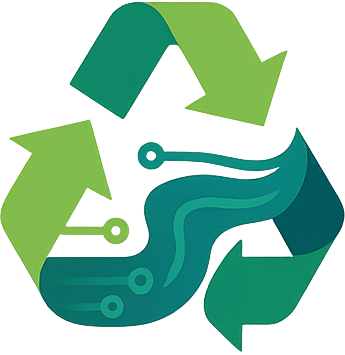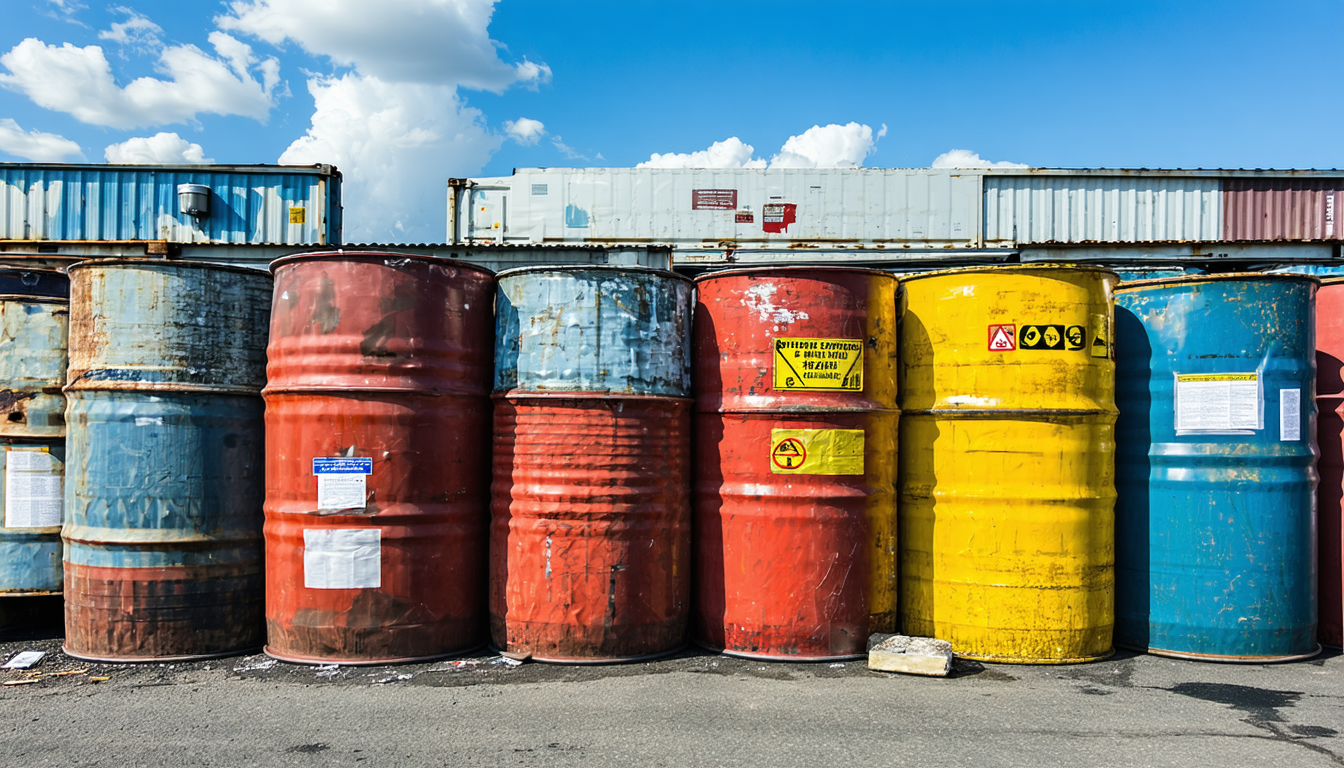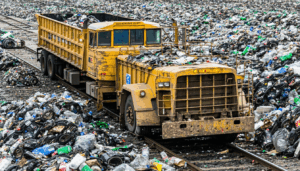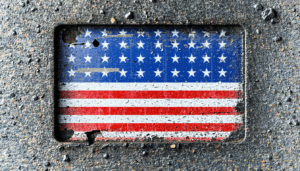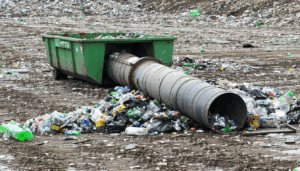In the United States, the safe disposal of household hazardous waste (HHW) is a growing concern as communities strive to protect the environment and public health. From old paint cans to expired medications, improper disposal of these items can lead to pollution and safety hazards. This article explores the latest developments in HHW management, including accessible disposal options, updated regulations, and expert advice on finding services near you. With increasing awareness and local initiatives, understanding how to handle HHW responsibly has never been more critical.
What Is Household Hazardous Waste?
Household hazardous waste includes everyday items that can be harmful if not disposed of correctly. Think of batteries, cleaning chemicals, pesticides, and electronics—these products often contain toxic, flammable, or corrosive materials. According to the Environmental Protection Agency (EPA), millions of tons of HHW are generated annually in the U.S., yet only a fraction is disposed of properly. Improper disposal, such as tossing these items in regular trash or pouring them down drains, can contaminate soil and water supplies.
The significance of this issue lies in its direct impact on communities. Contaminated environments pose health risks to residents and strain local ecosystems. As awareness grows, more Americans are searching for “household hazardous waste disposal near me” to find safe solutions.
Current Trends in HHW Disposal Across the U.S.
Recent data from the EPA shows that over 3,000 HHW collection programs operate nationwide as of 2023. These programs, often run by local governments or waste management authorities, provide drop-off locations or scheduled collection events. For instance, cities like Los Angeles and Chicago have expanded their permanent HHW facilities, while rural areas increasingly rely on mobile collection units.
The rise of digital tools has also made finding disposal options easier. Websites like Earth911 and the EPA’s online locator help residents pinpoint nearby facilities by entering their zip code. This accessibility ensures that even those in remote areas can manage waste responsibly.
Impact on Communities and Stakeholders
Safe HHW disposal benefits more than just the environment—it protects sanitation workers and reduces landfill burdens. When hazardous materials are mixed with regular trash, they can cause fires, explosions, or toxic leaks during handling. Local governments bear the cost of cleanup and mitigation, which can strain budgets.
According to Dr. Emily Carter, an environmental scientist at the University of California, “Proper HHW disposal is a shared responsibility. Communities that invest in education and infrastructure see fewer incidents of contamination and higher resident participation.” Her statement underscores the need for public awareness campaigns alongside accessible services.
How to Find Household Hazardous Waste Disposal Near Me
Searching for disposal options doesn’t have to be complicated. Here are practical steps to locate services in your area:
- Visit the EPA’s website or Earth911.com to find local programs using your zip code.
- Contact your city or county waste management department for schedules of collection events.
- Check with nearby hardware stores—some accept items like paint or batteries for recycling.
- Look for community clean-up days, which often include HHW drop-off points.
Many states also mandate specific disposal methods for items like electronics under e-waste laws. Staying informed about local regulations ensures compliance and safety.
Future Outlook for HHW Management
Looking ahead, experts predict stricter regulations and increased funding for HHW programs as environmental concerns mount. Some states are exploring producer responsibility laws, requiring manufacturers to fund take-back programs for hazardous products. This could shift the burden from taxpayers to corporations, potentially expanding access to disposal options.
There’s also a push for innovation in waste processing technologies. Methods to neutralize hazardous materials or recycle them into new products are gaining traction. While these advancements are promising, they require public support and investment to scale effectively.
Conclusion
Managing household hazardous waste is a vital step toward safeguarding our environment and health in the United States. With thousands of collection programs available and digital tools simplifying the search for “household hazardous waste disposal near me,” there’s no excuse for improper disposal. The combined efforts of residents, local governments, and industry stakeholders are crucial to addressing this challenge. By staying informed and utilizing available resources, we can all contribute to a cleaner, safer future.
Frequently Asked Questions (FAQ)
1. What qualifies as household hazardous waste?
Items like paint, batteries, cleaning agents, pesticides, and electronics are considered hazardous due to their toxic, flammable, or corrosive properties.
2. Can I throw hazardous waste in regular trash?
No, doing so can harm sanitation workers, pollute the environment, and violate local laws. Always seek designated disposal options.
3. How do I find a disposal site near me?
Use online tools like Earth911.com or contact your local waste management office to locate nearby facilities or events.
4. Are there fees for disposing of HHW?
Some programs are free, while others may charge small fees depending on the item or quantity. Check with your local provider for details.
5. What happens to collected hazardous waste?
Most materials are treated, recycled, or disposed of in specialized facilities to prevent environmental contamination.

